Arts and Humanities
Explore Arts and Humanities
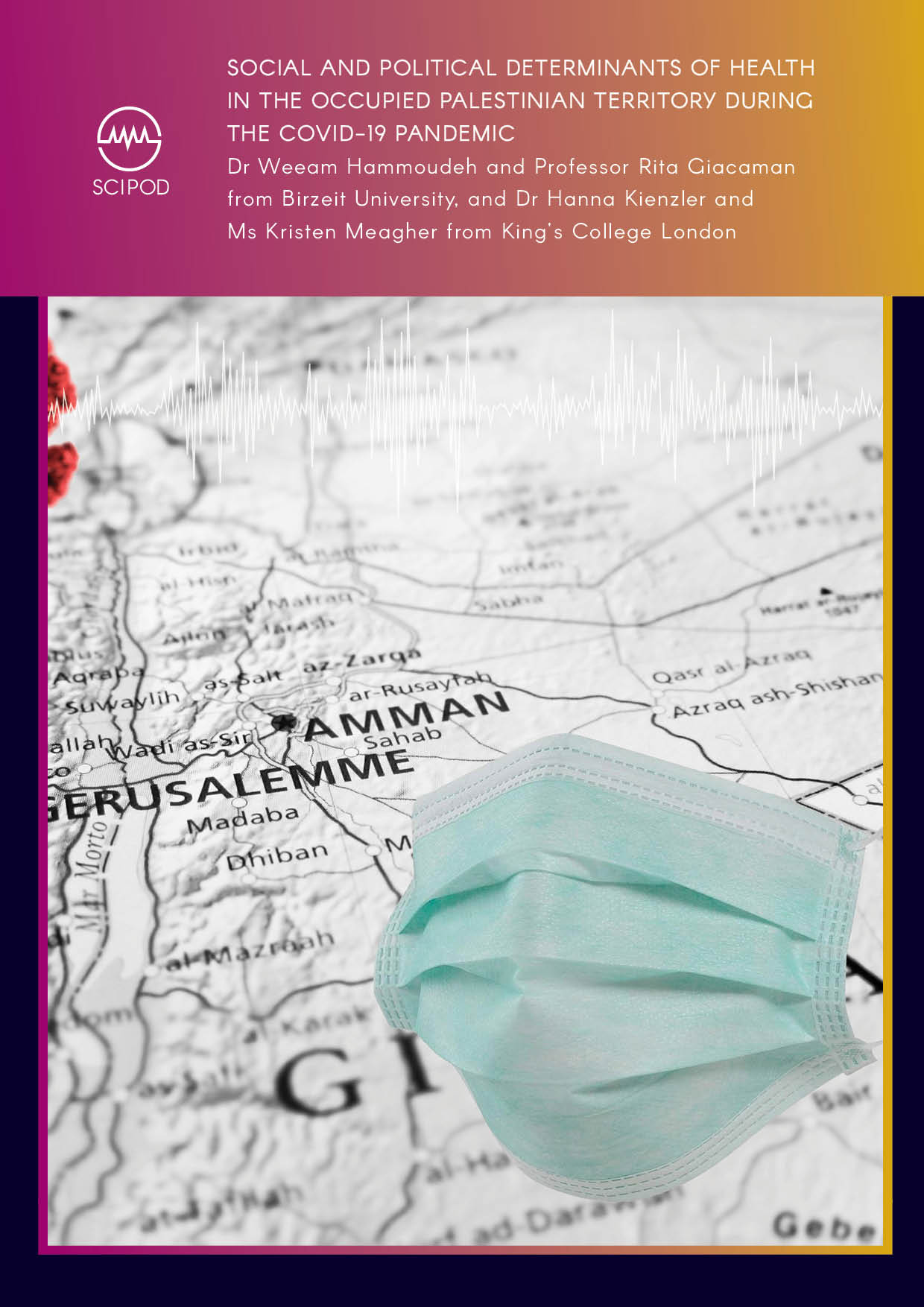
Social and Political Determinants of Health in the Occupied Palestinian Territory During the COVID-19 Pandemic
SciPod · Social And Political Determinants Of Health In The Occupied Palestinian Territory During COVID - 19In Collaboration with Original Article Reference This SciPod...
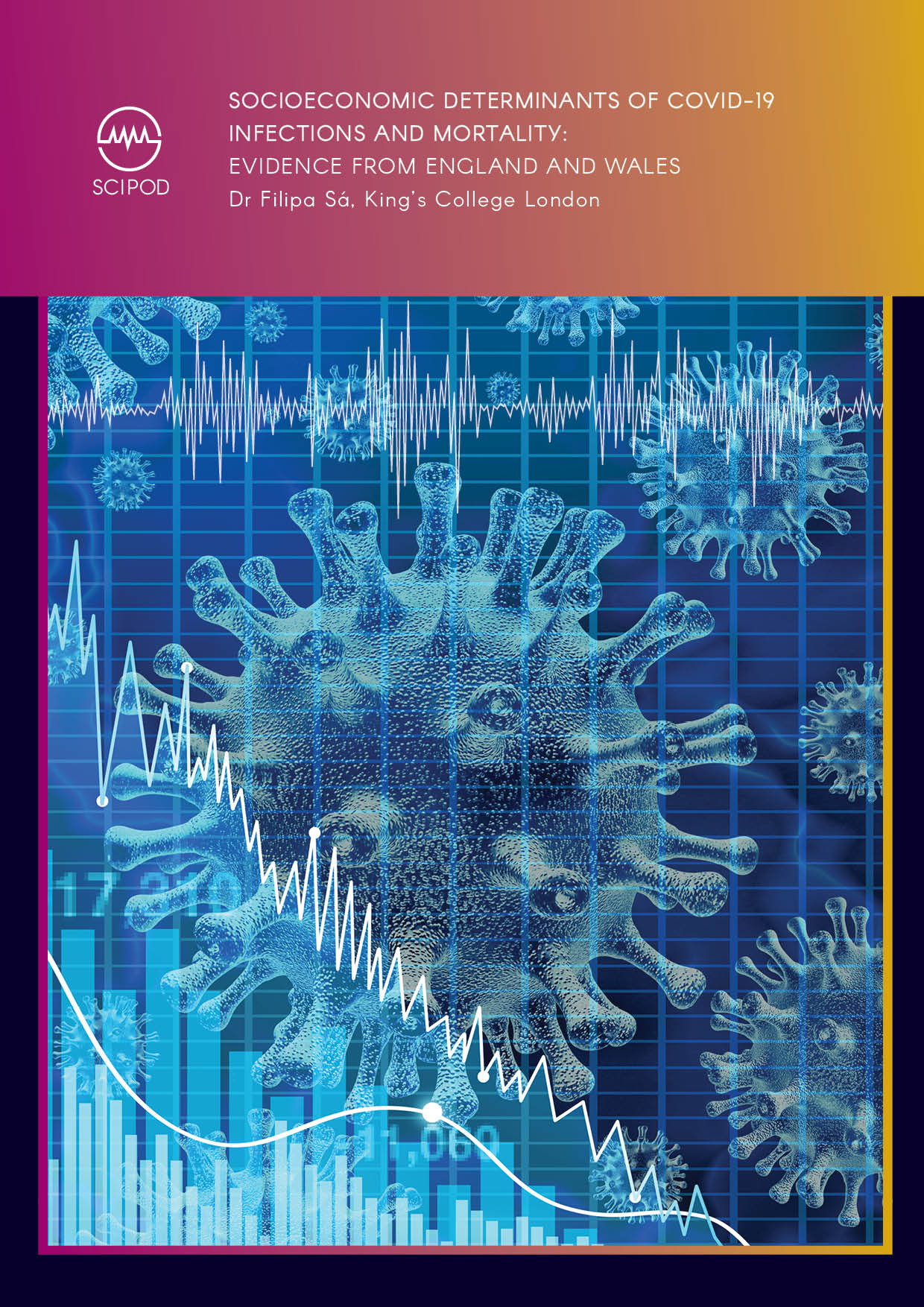
Socioeconomic Determinants of Covid-19 Infections and Mortality: Evidence from England and Wales
SciPod · Socioeconomic Determinants Of Covid-19 Infections And Mortality: Evidence From England And WalesIn Collaboration with Original Article Reference This SciPod is...
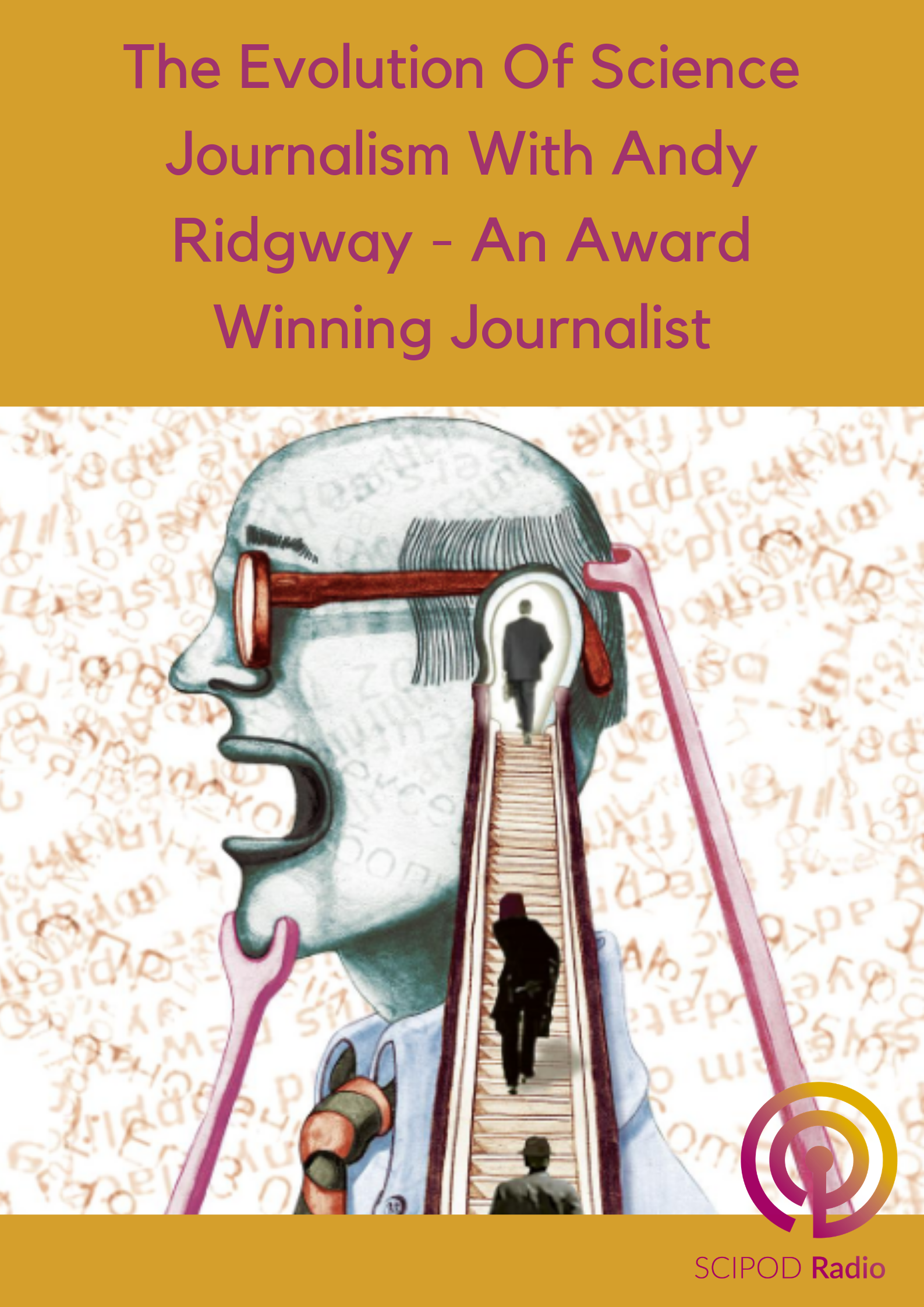
Andy Ridgway | The Evolution Of Science Journalism
Like other animals, humans have unique ways of approaching a potential mate and securing their affections. The goal of these ‘wooing’ processes is generally to establish a long-term romantic relationship with the person of interest. Victor de Munck, a Professor of Anthropology at Vilnius University, recently carried out a fascinating study exploring the most common patterns of courtship observed in the United States today, and the cultural influences underpinning these patterns.
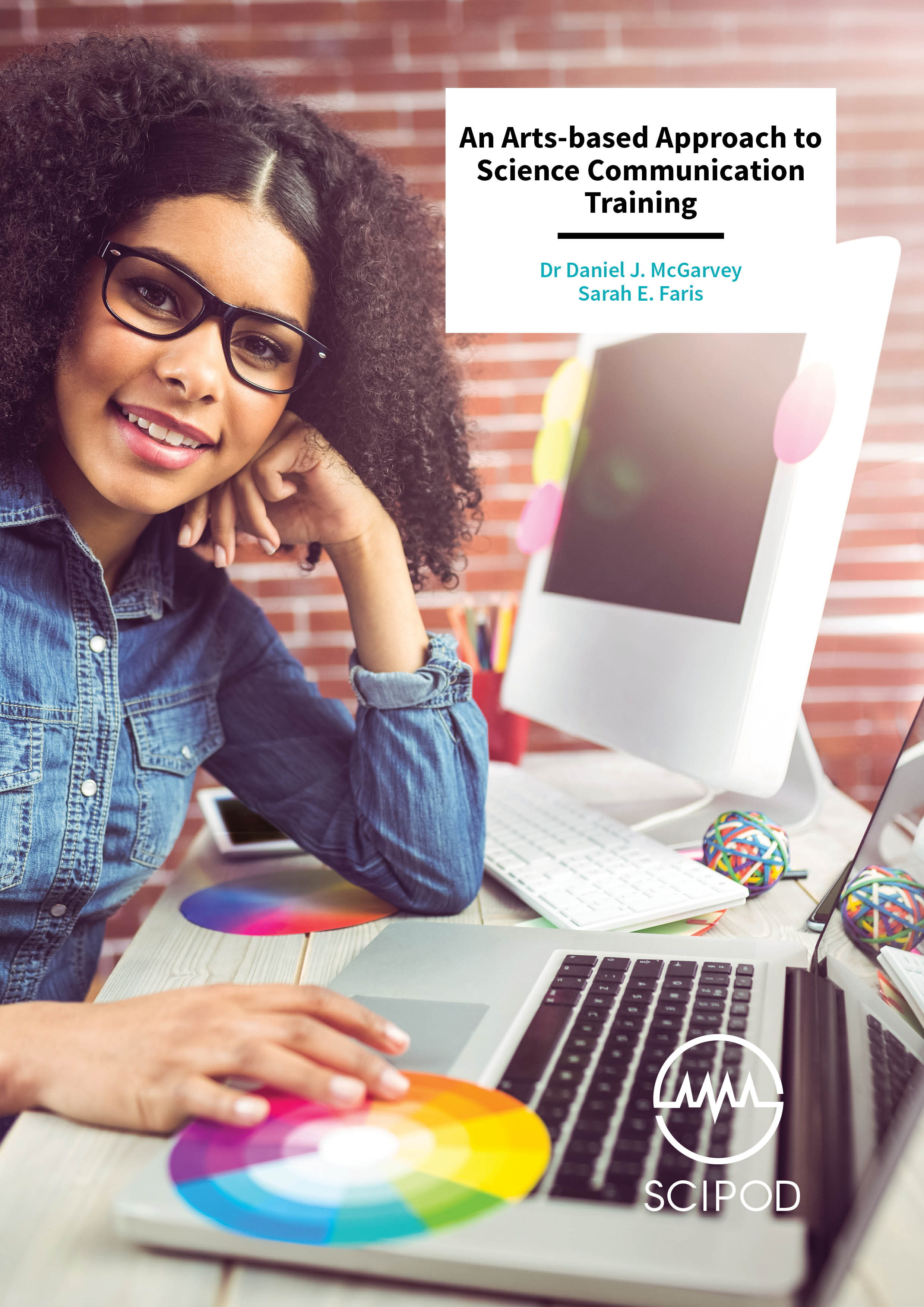
An Arts-based Approach to Science Communication Training – Dr Daniel J. McGarvey and Sarah E. Faris
Original Article Reference https://doi.org/10.26320/SCIENTIA311 Share Episode About this episodeRapid growth in the number and diversity of digital media...
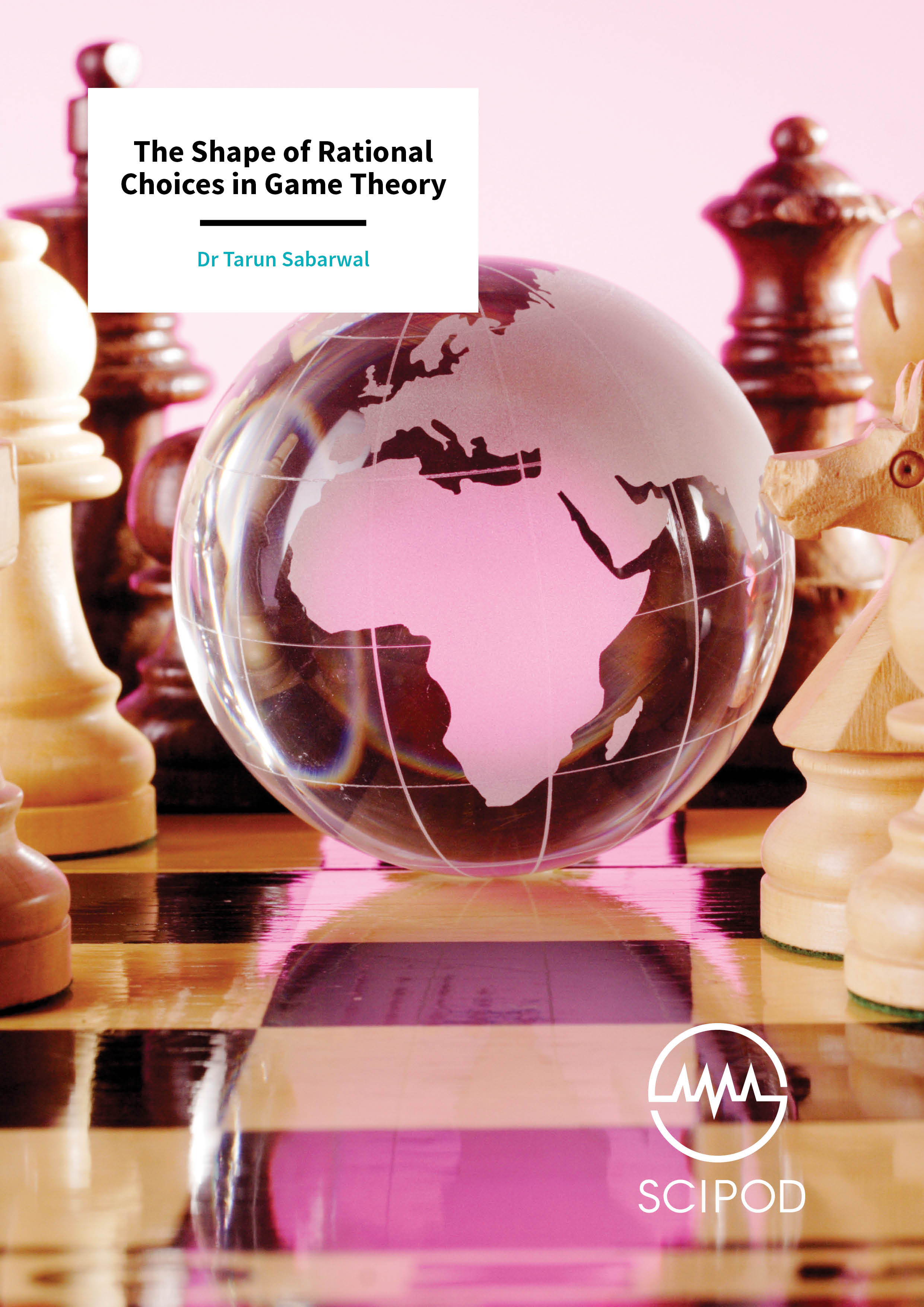
The Shape of Rational Choices in Game Theory – Dr Tarun Sabarwal, University of Kansas
Original Article Reference https://doi.org/10.26320/SCIENTIA212 Share Episode About this episodeThe choices we make in various situations have collective...

Professor Andrea Nanetti | Heritage Science: Seeing Beyond What Is Thinkable to Address 21st Century Challenges
The United Nations’ 17 Sustainable Development Goals outline the massive challenges humanity must face to survive on Planet Earth in the 21st Century. All knowledge and experiences accumulated by human societies across time and space could be essential to address these grand challenges. Thus, we should find a way to make this knowledge readily available wherever and whenever decision-makers, heritage stakeholders, and scholars might need it. Professor Andrea Nanetti, an award-winning and internationally recognised expert in Digital Humanities, recently published an open-access paper exploring the opportunities and challenges of using artificial intelligence and machine learning algorithms to leverage human heritage and empower societies to see beyond what is thinkable.

Professor Radu Mares | Exploring the UN’s Role in Regulating Transnational Corporations
The importance of the EU in global governance has been well researched. However, systematic analysis of the way it interacts with other international organisations has been side-lined. To address this gap, Axel Marx the University of Leuven and Oliver Westerwinter at the University of St. Gallen introduce a special issue of the Journal of European Integration. The research published in this issue explores how the EU interacts with different types of global governance institutions.

Axel Marx | Oliver Westerwinter – Understanding How the EU Interacts with Global Governance Institutions
The importance of the EU in global governance has been well researched. However, systematic analysis of the way it interacts with other international organisations has been side-lined. To address this gap, Axel Marx the University of Leuven and Oliver Westerwinter at the University of St. Gallen introduce a special issue of the Journal of European Integration. The research published in this issue explores how the EU interacts with different types of global governance institutions.
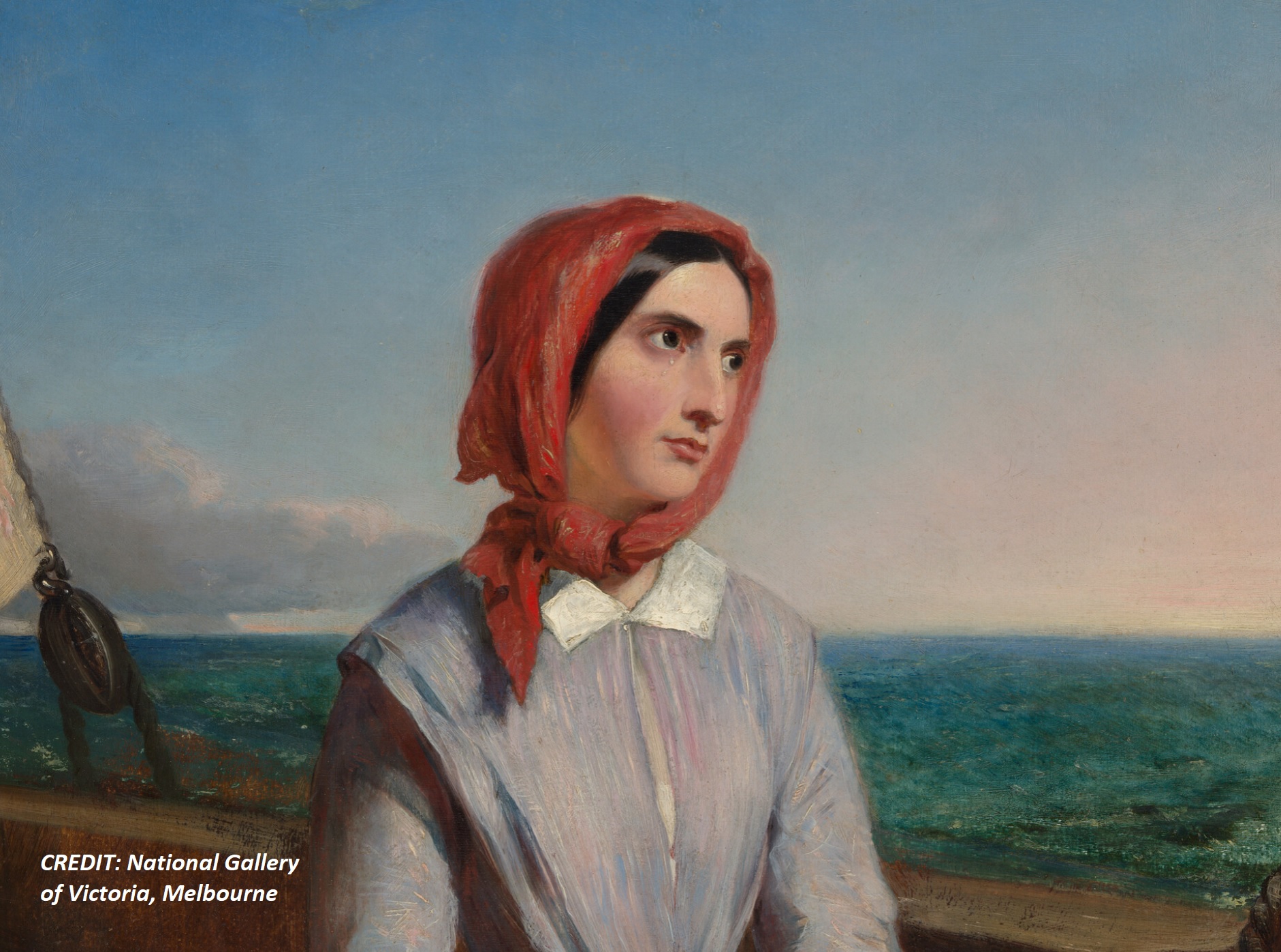
Dr Tony Ward | Why Do Many Migrants Retrace their Steps? Clues from 19th Century Australia
Migrants travel hopefully, dreaming of better lives. Some are successful, some less so. Many in both groups ultimately decide to return to their home country. Dr Tony Ward, a University of Melbourne historian, is himself a migrant, and descended from a family that returned from Australia. He sought out other stories of return migration from Australia to the UK in the 19th Century. His studies shed light on more general questions. How many migrants return? Which migrants are more likely to make the trip home? And why?
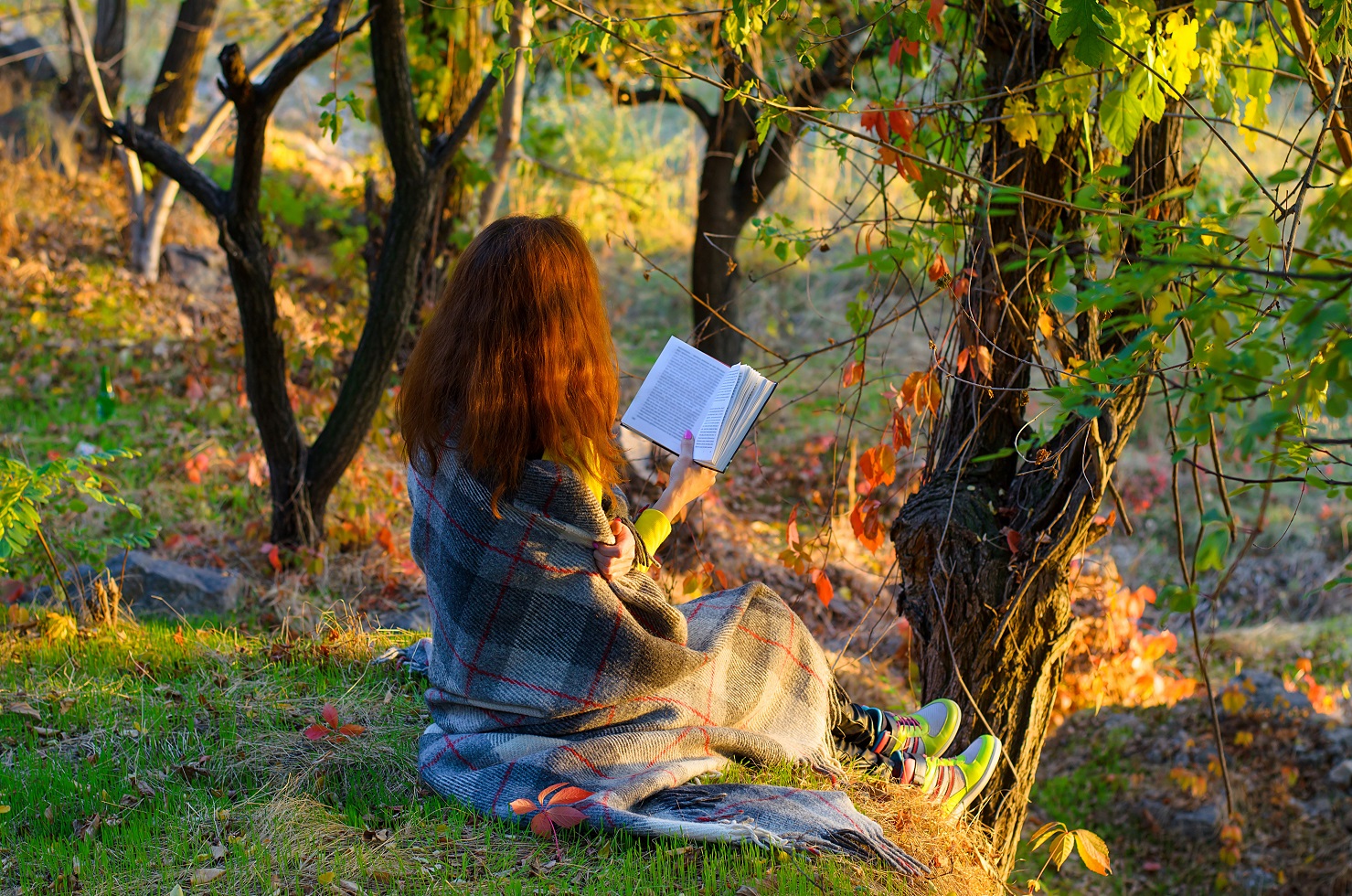
Professor George Micajah Phillips | What Early-20th-Century Writers Can Teach Us About Life During Environmental Uncertainty
A new way of reading and engaging with modernist authors such as Virginia Woolf and Karel Čapek might help us to better understand our time of environmental uncertainty. In his recent paper, Professor George Micajah Phillips of Franklin College draws on formalism and material feminism to argue for a new approach in modernist studies, which he terms ‘formalist materialism’. This approach may enable us to engage with early-twentieth-century modernist texts in fascinating new ways, helping us to form fresh understandings of climate change, outside of standard, crisis-oriented narratives.
Increase The Impact Of Your Research!
Explore partnership opportunities
Unwind without the hassle. Enjoy fresh audiobooks, delivered free!
